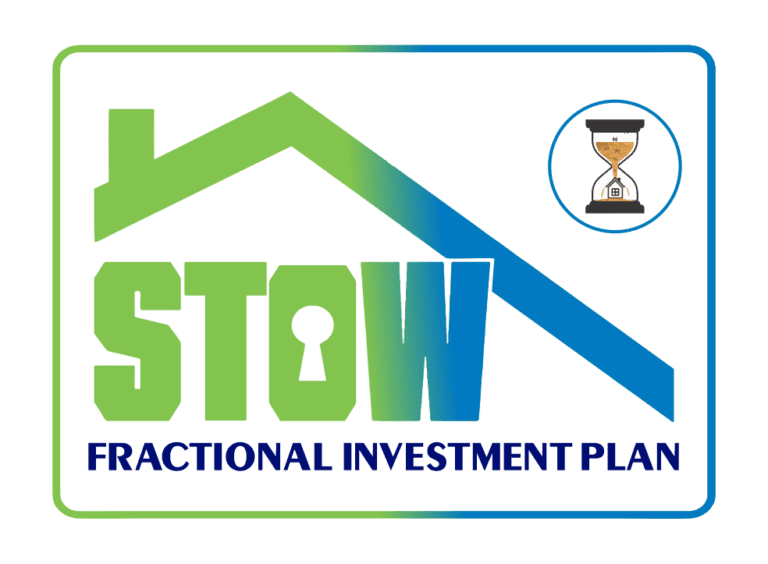Forex or Real Estate: Which is the better investment?
Umaru Hassan
Welcome, ladies and gentlemen, to the ultimate showdown between the giants of investment: Forex and Real Estate! As these two contenders enter the ring to determine the better investment option, prepare to witness an epic battle. Grab your popcorn, sit back, and prepare for a wild ride filled with charts, properties, and maybe even a few unexpected plot twists. It’s time to settle the score and determine if Forex or Real Estate will take home the championship belt of investments. Let the battle begin!
Before we jump into the exciting world of Forex and Real Estate, let’s provide you with a handy roadmap. You can simply click on any of the topics below to navigate directly to the section that interests you:
What is Real Estate Investing?
Real estate investing involves buying, owning, managing, renting, or selling properties to generate income or achieve long-term appreciation. It encompasses different types of real estate assets, including residential properties (houses, apartments), commercial properties (office buildings, retail spaces), industrial properties (warehouses, manufacturing facilities), and land.
What is Forex Trading?
Forex trading, or foreign exchange trading, refers to the buying and selling of currencies in the global foreign exchange market. It involves speculating on the value fluctuations of currency pairs to make a profit. Forex traders analyze economic indicators, geopolitical events, and market trends to decide when to buy or sell currencies. The forex market operates 24 hours a day, five days a week, providing traders with opportunities to participate in the world’s largest and most liquid financial market.
Differences between Forex and Real Estate Investments:
| S/N | Category | Real Estate | Forex |
| 1 | Nature of Investment | Real estate investment involves purchasing residential, commercial, or rental properties. | Forex investment consists in trading currency pairs in the global foreign exchange market. |
| 2 | Liquidity | Real estate investments are relatively illiquid, as properties can take time to sell. | The forex market is highly liquid, allowing for quick buying and selling of currencies. |
| 3 | Time Horizon | Real estate investments typically have a longer time horizon, with long-term appreciation and income generation potential. | Forex trading can involve short-term or even intraday trading strategies, focusing on capitalizing on short-term price movements. |
| 4 | Market Volatility | Real estate markets generally experience slower price movements than the forex market, with more stable long-term growth trends. | The forex market is volatile, with prices fluctuating rapidly due to various economic and geopolitical factors. |
| 5 | Tangible Asset | Real estate investments offer tangible assets in the form of physical properties that can be owned and occupied or rented out. | Forex investments are intangible, involving trading currency pairs electronically without physical ownership. |
| 6 | Income Generation | Real estate investments can generate tenant rental income, providing a steady cash flow and potential property value appreciation. | Forex trading primarily focuses on capital appreciation, although some traders may generate income through interest differentials or carry trades. |
| 7 | Risk Factors: | Real estate investments are subject to risks such as market fluctuations, property management challenges, and potential vacancies. | Forex trading carries risks such as market volatility, leverage, and potential losses due to rapid price fluctuations. |
| 8 | Tax Considerations: | Real estate investments often provide tax advantages such as deductions for mortgage interest payments and depreciation benefits. | Forex trading profits may be subject to taxation, and tax regulations can vary depending on the jurisdiction. |
It’s important to carefully evaluate these differences and consider your personal financial goals, risk tolerance, and investment preferences when choosing between forex and real estate as investment options.
Related blog posts: Real Estate Investing vs. Stock Market Investing: Which is Better?
Ways to create passive income in real estate in Nigeria
Is real estate profitable in Nigeria?
How to be successful in real estate in Nigeria
Conclusion on the difference between Forex or Real Estate
In conclusion, the decision between Forex and Real Estate as investment options ultimately depends on individual preferences, financial goals, and risk tolerance. Both avenues offer unique advantages and considerations.
If you are seeking the potential for high liquidity, fast-paced trading, and the ability to capitalize on currency fluctuations, Forex trading may be an attractive choice for you. However, it is crucial to understand the risks associated with volatility and market fluctuations.
On the other hand, if you prefer tangible assets, long-term appreciation, and the opportunity to generate rental income, Real Estate investment might align better with your investment objectives. Real Estate offers the benefit of physical ownership, stability, and potential tax advantages.

STOW Fractional Home Investment presents an excellent opportunity for those inclined towards Real Estate as the preferred investment avenue. The Plan offers a simplified and cost-effective approach to investing in handpicked real estate properties. The Plan brings you a competitive annualized yield of 10%. Moreover, you can expect a guaranteed capital gain ranging from 10% to 20% over a period of two to four years, all while focusing on select properties. Get started with STOW today.

[…] Forex or Real Estate: Which is the better investment? […]